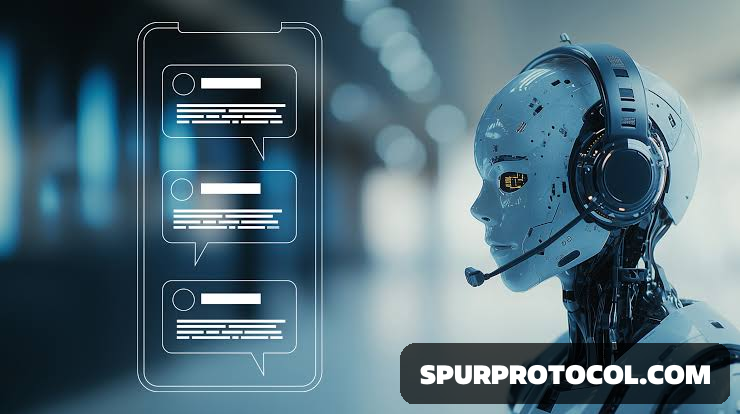What Are Ai Agents?
Ai Agents are self- operating programs that are able to analyze information, learn from their own experience and execute tasks on behalf of users.
Go Back
🕒 8:05 PM
📅 Apr 02, 2025
✍️ By Ecojames
Ai Agents are self- operating programs that are able to analyze information, learn from their own experience and execute tasks on behalf of users.
Go Back
🕒 8:05 PM
📅 Apr 02, 2025
✍️ By Ecojames
What Are AI Agents?
AI agents are autonomous programs capable of making decisions, learning from their experiences, and taking action based on the tasks they’re given. For example, a good AI agent should be able to:
-Manage a crypto investment portfolio.
-Automate customer service by handling user queries.
-Execute complex processes like smart contract audits or blockchain-based trades
How Do AI Agents Work?
At their core, AI agents rely on three main pillars:
A) Observation: They gather data from their environment. This could include real-time market data, user input, or blockchain transactions.
B) Processing: Using advanced algorithms and machine learning, AI agents can analyze a dataset and decide the best course of action. For example, a trading AI agent might use data to find potentially profitable entry points.
C) Action: They execute tasks based on their analysis, like buying crypto, sending a notification, or creating a digital asset.
Challenges Faced by AI Agents in the Crypto Space
Integrating AI into crypto isn’t all smooth sailing but there are still some major hurdles to overcome:
A) Scalability issues
Most blockchains weren’t designed for the rapid, real-time interactions required by AI agents. Although there are many scaling solutions in place, scaling these systems for seamless global use is still a work in progress.
B) Accuracy problems
AI agents aren’t perfect. Even small errors can lead to big problems, especially in tasks like trading or managing smart contracts. Developers are working on solutions like Retrieval-Augmented Generation (RAG) to reduce errors.
C) Trust and transparency
Blockchain helps by creating transparent records of AI agent activity, but building decentralized trust systems for millions of autonomous agents remains a challenge. Data privacy, misuse, and the unintended consequences of AI agents require ethical oversight.